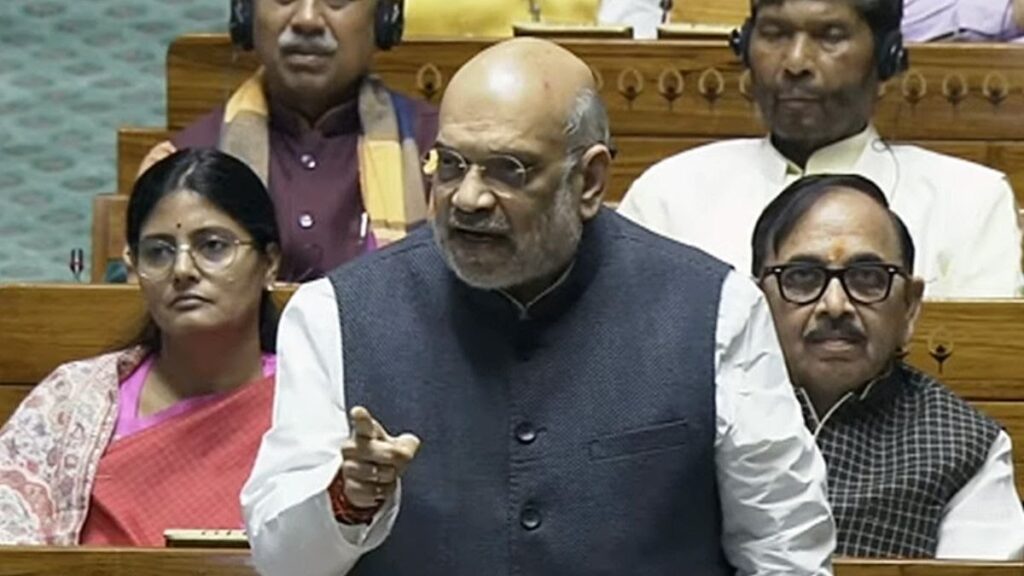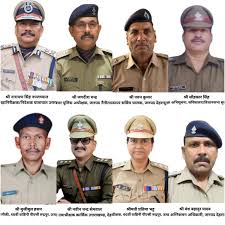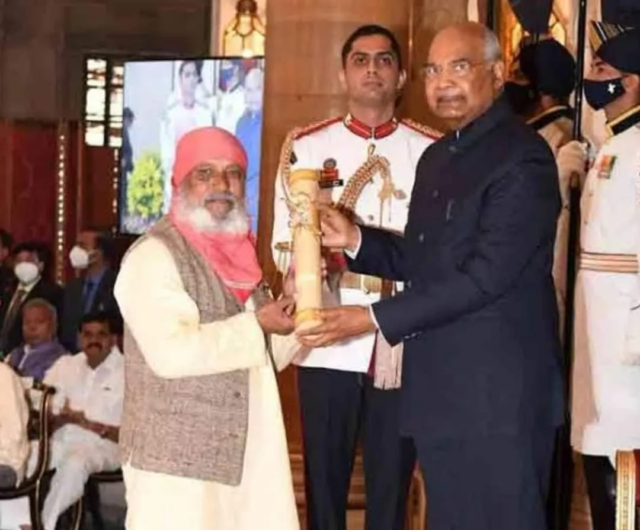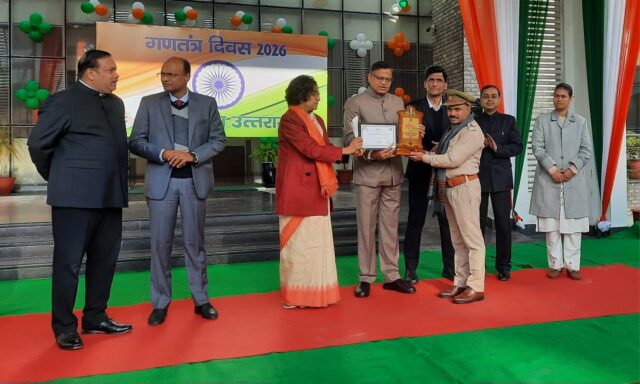Now there is no date after date for justice, in the new law there is a fixed time limit from FIR to verdict

Justice received late is not called justice. Despite knowing this truth, India’s criminal justice system has failed miserably in providing timely justice to the victims. This is evidenced by the 4.4 million cases pending in the district courts across the country, out of which 3.33 crore cases are criminal. In the new laws made under the Indian Judicial Code, Indian Civil Defense Code and Indian Evidence Act, concrete arrangements have been made to provide timely justice to the victim and for this, the police, government and court all have responsibilities along with the time limit to complete it. Has also been decided.
During the discussion in Parliament on the bill related to these laws, Home Minister Amit Shah had made it clear that the basic objective of the colonial laws was to punish, hence providing timely justice to the victim was not his priority, whereas the new laws with Indian spirit were made. The objective is to provide timely justice to the victim. According to Shah, the new laws will help in ending the era of getting dates in courts. Actually any criminal case starts with FIR.
In the new laws, the time limit for filing FIR and filing charge sheet has been fixed, which was not there in the old laws. Under this, in case of punishment of three to seven years, FIR will have to be registered after completing the preliminary investigation within 14 days and if it is an offense of lesser punishment then it will have to be registered within three days. After the search report is submitted within 24 hours, it will be placed before the court. Whereas in the old CrPC there was no fixed time for sending the investigation report to the District Magistrate. Similarly, earlier there was no time limit for submitting the medical examination report even in the case of rape, in the new law it has been provisioned that in the case of physical abuse, the medical report of the victim will be sent to the police station and court within seven days.
A maximum limit has also been set for the charge sheet. In the old law, a time limit of 60 and 90 days was kept for filing the charge sheet, but after 90 days, the charge sheet could be kept pending indefinitely on the basis of ongoing investigation. The new law says that to continue the investigation after 90 days, permission will have to be taken from the court and under no circumstances can the investigation be kept pending for more than 180 days. Chargesheet will have to be filed within 180 days. This will ensure speedy trial of the case. Time limit has been fixed in the law for the police as well as the court.
Under the new law, the magistrate will take cognizance of the case within 14 days. Powerful accused have a tendency to delay the case for as long as possible and this starts with challenging the charges in court and seeking acquittal. If there were more accused in a case, they used to apply for acquittal one by one and the case would remain pending for years, but now this will not happen. Under the new law, the accused can appeal in this regard only within seven days and the judge will have to complete the hearing within seven days. With this system, the case will come on trial within a maximum of 120 days.
There was no time limit for plea bargaining in CrPC, but in the new law it has been said that if you plead guilty within 30 days of framing of charges, the punishment will be reduced. Plea bargaining will have to be concluded within 30 days. Not only this, a time limit of 30 days has been given to complete the process of documents in the case. The time limit for giving the decision has also been fixed. After completion of the trial and arguments in the case, the court will have to give its verdict within 30 days.
On recording the reasons in writing, the period for giving the decision can be up to 45 days but not more than that. The time limit for mercy petition has also been fixed in the law. The mercy petition will have to be filed within 30 days of the Supreme Court rejecting the appeal. Fixing of time limits at various levels as well as evidence and testimony through electronic means will speed up the trial which will achieve the goal of speedy justice.






